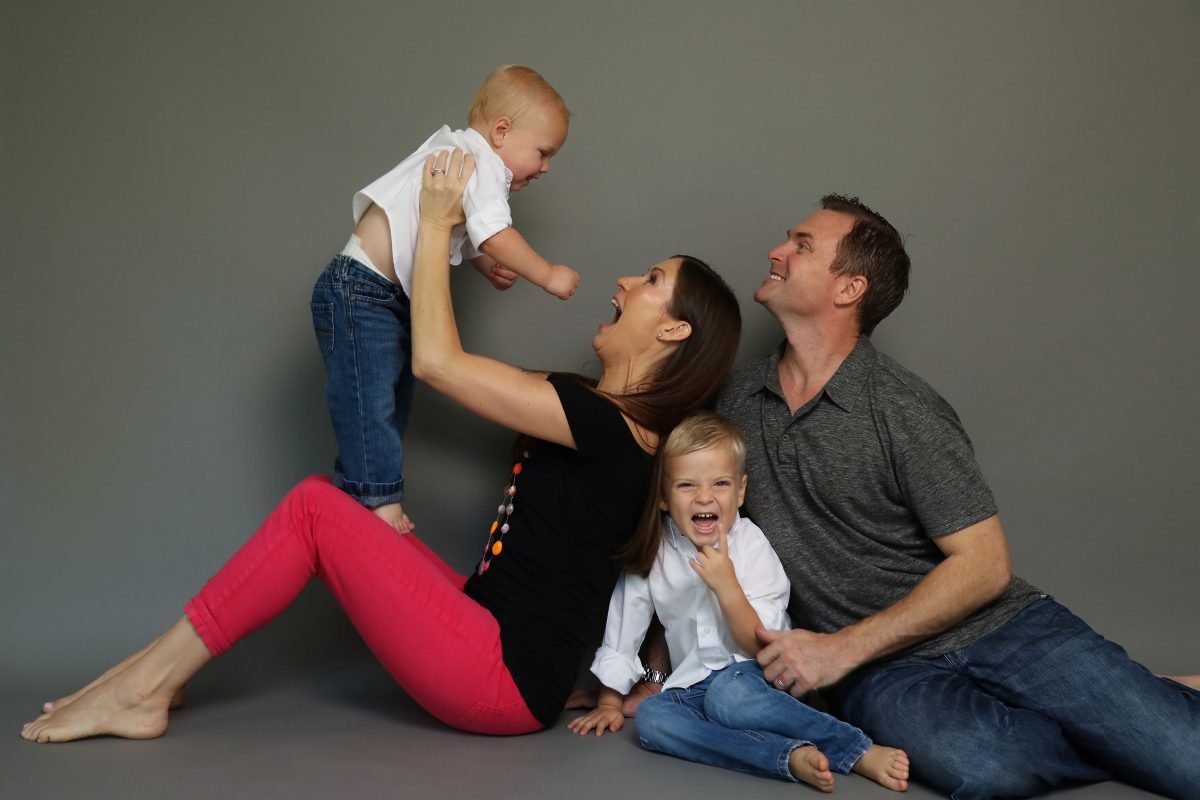What It Really Means To Be A Present Parent

Being a present parent isn’t about the amount of time you spend with your children. It’s about the quality of the time you spend with them. A lot of us are physically present with our children – we are in the same room or car as them – but we are not mentally or emotionally present. We might be scrolling social media or incessantly checking our email, in our thoughts about a work problem or relationship drama, or just so overwhelmed or exhausted with the demands on our life, that we are far from actually present with our children.
It’s more important to spend ten minutes of quality, no-cell-phone, uninterrupted time meeting your child where he or she is at (meaning doing an activity of their choosing that is important to them), than to spend an entire Saturday with them when your mind and heart are elsewhere. Our children are highly intuitive (as are we all, we just lose our innate intuitive nature when our culture begins to program us to follow its rules as we “grow up”) and they know whether or not you are actually present with them.
Being present with your child does not mean you say yes to every request they make. It does not mean you spend all day and night with them. It does not mean you skip your workouts, your girls’ nights, meals, or sleep to be with them. These acts are narcissistic (meaning they are all about you) because by neglecting these parts of you, you do not give your best self to your children. Your children suffer, because you are suffering. Take care of yourself for them so that when the time comes, you can be with them with a full bucket of patience, joy, curiosity, and acceptance – not a near-empty bucket of exhaustion, resentment, or angst.
Being present with your children means you have done the work to be a whole, functioning, emotionally-stable adult. What we know about healthy child development is that children (all of us, really, but especially children when they are forming their sense of self), deeply yearn to be seen, heard, and validated (meaning, to feel worthy). When a child’s authentic self is not seen, heard, or validated, the ego creates the false self to protect the child.
As children we inherently understand that our parents are our means to food, clothing, shelter, and safety. If our parents are not validating us, we create a false self that fills our parents’ emotional needs, because in our young, still-forming minds, this means our parents will love and protect us. As the false self begins to take over, our authentic self begins to dim… more and more… often until adulthood when we finally decide to do the self-mastery work I guide my clients through. (The decision to do the work either comes from a personal-growth choice to finally wake up, or because life in some way brings us to our knees and we have no way out but to do the work.)
When we’ve taken care of our own false self, when we’ve learned to love and comfort our own wounded inner child that was not validated, then (and only then) can we truly be present with our children. It’s then that we can love our children’s authentic selves without any conditions that they behave a certain way, appear a certain way, get the grades that make us look good, or love the sport we never got to play in our childhood.
It’s time to be present. For both you and your children. Are you ready?
Lots of love, 💖
Your coach,
Sara
P.S. If you’re ready to do your self-mastery work for you and your family, book a complimentary exploratory call with me to learn how our coaching programs can help you and to see if we’re a fit for each other!






Good Parenting Advice To Overcome Guilt As A New Parent - The Magic Lessons | 24th Feb 24
[…] like by taking action and being present, Emily is making her own happiness and connection with her child, instead of just wishing for […]